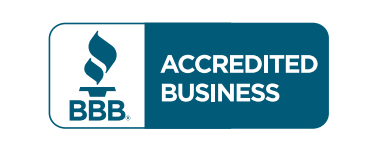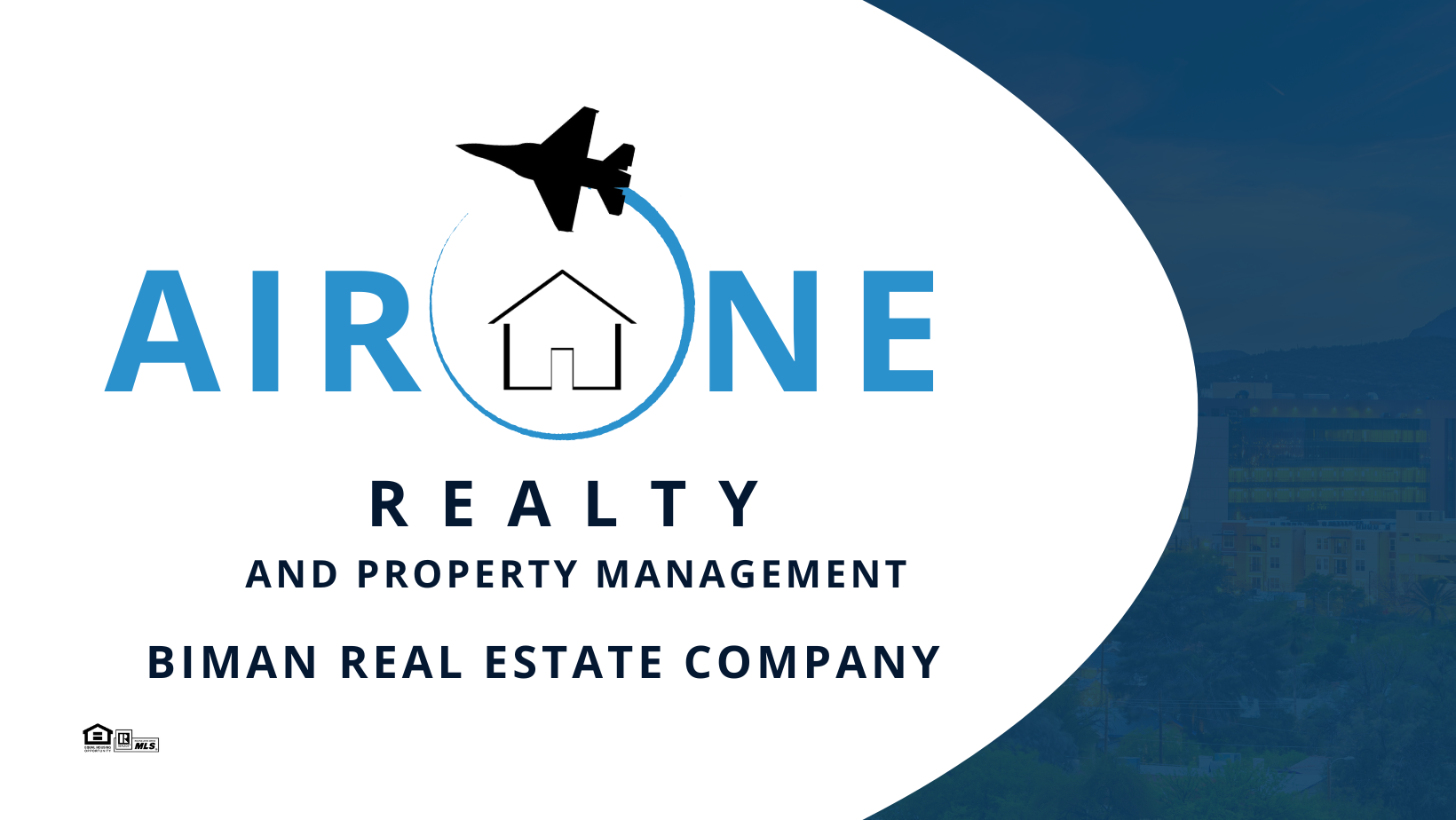What is Commercial Real Estate?
Classified as Commercial Real Estate
A property is classified as commercial real estate when it is only used for the purpose of conducting business. Typically, commercial real estate is owned by an investor who collects rent from each business that operates from that property.
Examples of commercial real estate include office space, strip malls, hotels, convenience stores, and restaurants. Sometimes, commercial real estate is also owner-occupied, meaning the business that operates at the site is also the owner.


What is a Commercial Real Estate Broker?
A commercial real estate broker is a licensed professional who specializes in assisting clients with buying, selling, or leasing commercial properties. Unlike residential real estate brokers who deal with homes and apartments, commercial real estate brokers focus on properties used for business purposes, such as office buildings, retail spaces, industrial facilities, and land for development.
The primary difference between a commercial real estate broker and a commercial real estate agent is that the former can work independently while the latter does not. A commercial real estate agent must be employed by a licensed broker.
Gain access to an extensive database of clients. We’ll help you find the right buyer.
We Deal in Following
Commercial Real Estate Services
Expert solutions for all your commercial real estate needs.
Properties
- Office Space
- Retail Properties include shopping districts, neighborhood centers or standalone retail buildings.
- Industrial facilities
- Multifamily Complex
- Hospitality Venues like hotel, resorts, and elderly housing facilities
- Health Care Facilities
- Special Purpose Properties (Religious Centers)
Land
- Special purpose land
- Multifamily land
- Industrial land
- Retail land
- Solar Farms
Advantages of Hiring a
Commercial Real Estate Broker?
A commercial real estate broker can help prospective clients save time and money by carrying out the following functions
- Purpose and Use
Clearly define the purpose of the property and how it aligns with your business goals. Consider whether you’ll use it for office space, retail, industrial purposes, or other commercial activities.
- Evaluating business plans
A commercial real estate broker evaluates their clients’ business plans to determine their feasibility. They often use statistical analysis (such as break-even analysis) to determine the basic margin of safety on a client’s investment.
- Building a network in the target community
In each area that a commercial real estate broker intends to work in, they create a network with important members of the concerned community. This ensures that they have a first mover’s advantage every time a property is up for sale or when a prospective buyer emerges in the community.
- Understanding tax and zoning laws
Many individuals refrain from investing in commercial real estate because of the large number of complex rules and regulations governing the taxation and purchase of commercial property. This complexity is compounded by the fact that these rules and regulations vary across states, industries, and zones. A commercial real estate broker must have an excellent understanding of tax and zoning laws to complete the aforementioned formalities on their client’s behalf and, thus, remove a barrier to investment in commercial real estate.
- Negotiating with clients
Commercial real estate brokers have to be excellent negotiators and mediators because, unlike residential real estate brokers, commercial real estate brokers often have to deal with more than two parties when arranging the sale or lease of a property. The various parties often have conflicting incentives, which a commercial real estate agent helps align through negotiations. A commercial real estate broker must have excellent communication and persuasion skills to successfully navigate negotiations
- Conducting Research
Often, the success of a client’s business depends on local conditions. A commercial real estate broker has to provide prospective buyers of commercial real estate with research regarding local demographics, businesses, environmental quality, property maintenance costs, and the desirability of the location of the property.
- Analyzing lease payments
A commercial real estate broker researches and analyzes trends in lease payments for commercial real estate in the area in which she/he operates. There are four basic types of commercial real estate leases:
1. Single net lease: Under this lease, property tax is paid by the tenant.
2. Double-net (NN) lease: Under this lease, property tax and insurance are paid by the tenant.
3. Triple-net (NNN) lease: Under this lease, property tax, insurance, and maintenance are paid by the tenant.
4. Gross lease: Under this lease, property tax, insurance, and maintenance is paid by the landlord. The tenant only pays rent.
Common Metrics Used by Commercial Real Estate Brokers?
Capital Gain/Total Return on Investment: Capital gain refers to the profit made by selling a property. It is calculated as follows:
Total Return on Investment = ((Gain from Investment – Expense of Investment)/ Expense of Investment )x 100
This is a popular metric for comparing commercial real estate properties which are going to be sold. Investment in commercial real estate which provides a wide scope for improvement and/or expansion is ideal for earning capital gains.
However, it is important to note that there exists an inverse relationship between gross rental yield and capital gain/total return on investment.

Dhruv Saha
Agent & Co Owner
Capital Gain/Total Return on Investment
Capital gain refers to the profit made by selling a property. It is calculated as follows:
Total Return on Investment = ((Gain from Investment – Expense of Investment)/ Expense of Investment )x 100
This is a popular metric for comparing commercial real estate properties which are going to be sold. Investment in commercial real estate which provides a wide scope for improvement and/or expansion is ideal for earning capital gains.
However, it is important to note that there exists an inverse relationship between gross rental yield and capital gain/total return on investment.

Biman Saha
CEO
Here are Key Steps
and considerations involved in selling commercial property
Expert solutions for all your commercial real estate needs.
- Property Valuation: Determine the market value of the property through a professional appraisal or comparative market analysis (CMA). Consider factors such as location, property size, condition, income potential (if leased), and recent comparable sales.
- Prepare the Property: Enhance the property’s curb appeal and interior presentation to make a positive impression on potential buyers. Address any necessary repairs or upgrades that could increase the property’s attractiveness and value.
- Market the Property: Develop a marketing strategy tailored to attract qualified buyers. This may include listing the property on commercial real estate websites, utilizing social media and digital advertising, creating professional marketing materials (brochures, flyers), and networking within the industry.
- Engage a Commercial Real Estate Broker: Consider hiring a commercial real estate broker with expertise in your property type and local market. A broker can provide valuable insights, market the property effectively, and negotiate on your behalf to achieve the best possible sale price.
- Negotiation: Review offers received from potential buyers and negotiate terms that align with your goals. This includes price, financing contingencies, closing timeline, and any other conditions of the sale.
- Due Diligence: Facilitate the due diligence process where the buyer conducts inspections, reviews financial records (if applicable), and ensures all legal and regulatory requirements are met.
- Closing the Sale: Work closely with your broker, attorney, and other professionals to finalize the sale transaction. This includes signing legal documents, transferring ownership, and disbursing funds.
- Tax Considerations: Consult with a tax advisor to understand the tax implications of selling commercial property, including capital gains taxes and potential deductions.
- Post-Sale Transition: Coordinate with the buyer to facilitate a smooth transition, especially if there are existing tenants or ongoing business operations on the property.

Unbeatable Excellence
Get Started Today
Ready to begin your commercial selling journey? Contact us today to schedule a consultation with one of our experienced agents. We’re here to answer your questions, address your concerns, and help you find the perfect client that exceeds your expectations.

